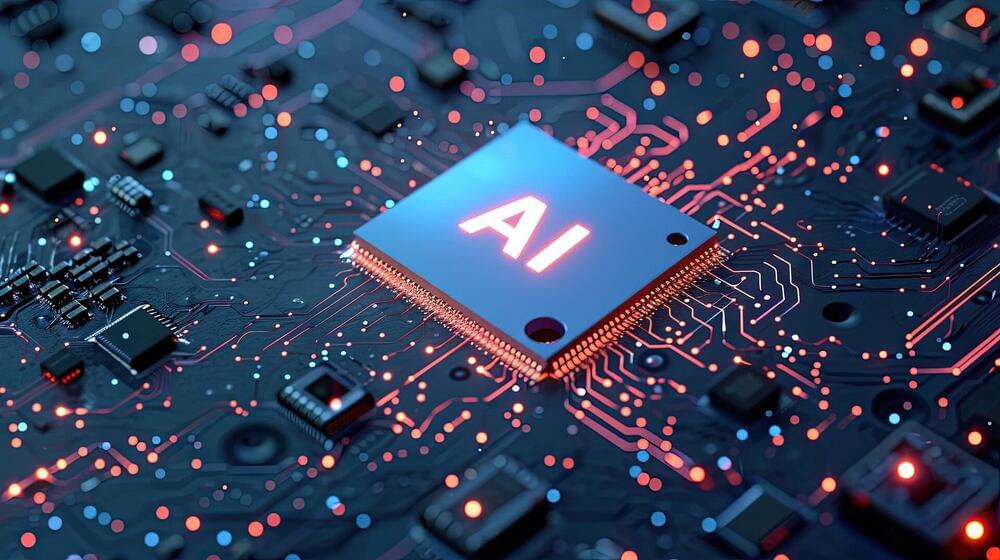According to the World Health Organization, antibiotic resistance is a top public health risk that was responsible for 1.27 million deaths across the globe in 2019. When repeatedly exposed to antibiotics, bacteria rapidly learn to adapt their genes to counteract the drugs—and share the genetic tweaks with their peers—rendering the drugs ineffective.
Superpowered bacteria also torpedo medical procedures—surgery, chemotherapy, C-sections—adding risk to life-saving therapies. With antibiotic resistance on the rise, there are very few new drugs in development. While studies in petri dishes have zeroed in on potent candidates, some of these also harm the body’s cells, leading to severe side effects.
What if there’s a way to retain their bacteria-fighting ability, but with fewer side effects? This month, researchers used AI to reengineer a toxic antibiotic. They made thousands of variants and screened for the ones that maintained their bug-killing abilities without harming human cells.







